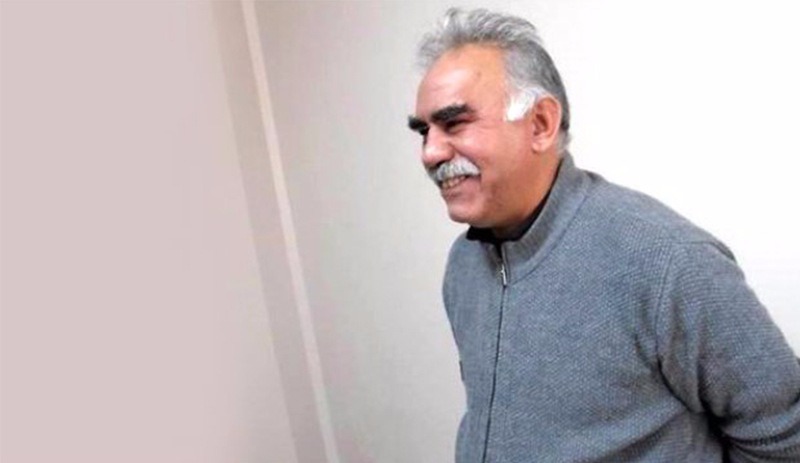The international campaign for the release of Abdullah Öcalan after 20 years of imprisonment at the Imrali island prison called at a press conference in Brussels on EU to put pressure on Turkey to free him in order to promote the peace process. The campaign has collected 10 million signatures for his release. Until now the EU institutions have largely been silent about his imprisonment and focused on the situation in south-east Turkey where a civil war has been raging since 1984 between the Turkish state and the outlawed Kurdistan Workers’ Party (PKK). PKK has been on EU’s terrorism list since 2002.
Öcalan, a founder of PKK, was on his run in exile when he was abducted in Kenya in 1999 by the Turkish intelligence agency with the support of foreign agencies. He was brought to Turkey and sentenced to death which was commuted to life imprisonment after the death penalty was abolished in Turkey.
He is imprisoned at the Imrali island prison in the Marmara see close to Istanbul where he for the first ten years was the only prisoner and held in total isolation guarded by hundreds of soldiers. He has not been allowed to see his lawyers since 2011. According to the campaign there are no news from him and three other prisoners on the island since 2015.
In 2005, the European Court of Human Rights ruled that Turkey had violated articles of the European Convention of Human Rights by granting Öcalan no effective remedy to appeal his arrest and sentencing him to death without a fair trial.
At the press conference (5 September), Mauro Palma – a former Italian national ombudsman and head of the Council of Europe’s Committee for the Prevention of Torture (CPT) – said that it is time to put an end to Öcalan’s imprisonment.
“We cannot accept such a situation for such a long time where a person is denied access to his rights and held in total seclusion,” he said.
The “Freedom for Abdullah Öcalan – Peace in Kurdistan” campaign was represented by Havine Guneser. Asked by the Brussels Time about the chances to release Öcalan in the current situation, when there still is a state of emergency in Turkey and hostilities are continuing after a promising cease fire in 2013 - 2015, she replied:
“On the contrary, we think that the timing is right because Turkey is weaker than it seems. The campaign has passed several stages during the years and reached a moment where it can tip over the balance. We believe that Öcalan’s release can lead to peace.”
She was supported by speakers from the Durham Miners Association, the city of Napoli and a Basque political coalition, showing the wide range of organisations that have taken up Öcalan’s cause and are calling for his release from prison.
Compared with Nelson Mandela, Öcalan’s release is seen as a confidence building measure and as key for a solution of the Kurdish issue in Turkey. Öcalan himself has apparently disavowed his previous militant views and is favouring a form of local self-government or autonomy instead of an independent state.
The last time a European Parliament resolution mentioned PKK was in February 2018 when it called on the organisation to lay down its arms and to act in peace. The Parliament also expressed serious concerns about Turkey’s measures in fighting PKK such as the use of curfews, excessive force, collective punishment and the displacement of a half million people.
A spokesperson for the European External Action Service told the Brussels Times that the Kurdish issue is regularly assessed in the European Commission’s country reports on Turkey. However the imprisonment of Abdullah Öcalan is not mentioned although prison and detention conditions in general in Turkey are criticized.
“The situation in the south-east has continued to be one of the most acute challenges for the country,” the Commission wrote in April 2018.
“While the government has a legitimate right to fight against terrorism, it is also responsible for ensuring this is done in accordance with the rule of law, human rights and fundamental freedoms. Anti-terror measures need to be proportionate.”
M. Apelblat
The Brussels Times

